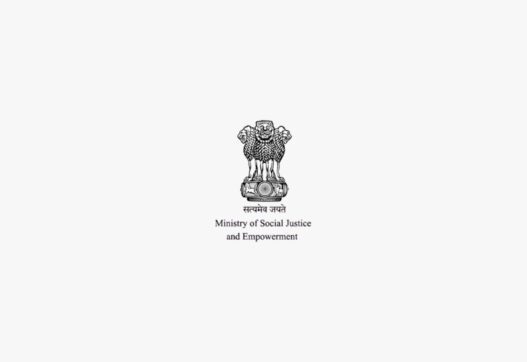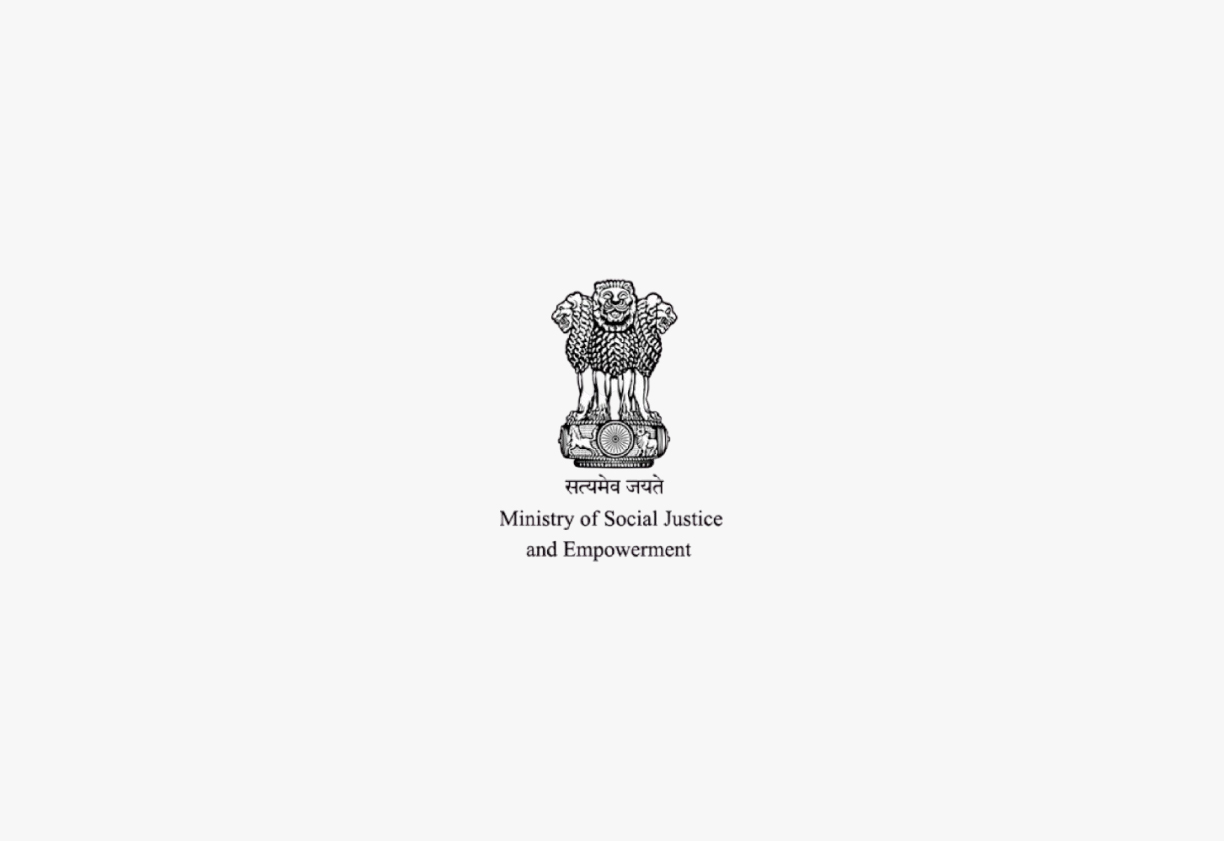Ministry of Social Justice and Empowerment
The Rights of Persons with Disabilities Act, 2016 (RPwD Act) marks a significant advancement in disability rights legislation in India. It replaces the Persons with Disabilities (Equal Opportunities, Protection of Rights and Full Participation) Act, 1995, aligning Indian law with the United Nations Convention on the Rights of Persons with Disabilities (UNCRPD). The Act significantly expands the list of recognized disabilities from seven to 21, including specific learning disabilities, autism spectrum disorder, acid attack victims, and more. It also strengthens the rights and entitlements of persons with disabilities (PwD), focusing on their inclusion, accessibility, and non-discrimination. This Act falls under the Ministry of Social Justice and Empowerment.
Enactment Date, Number of Chapters, Number of Sections:
The RPwD Act was enacted on December 27, 2016, and came into force on April 19, 2017. It consists of seventeen chapters and 102 sections.
Act Governed By:
The Act is implemented by various government bodies and authorities, including the Central and State Governments, local authorities, and newly established bodies like the Chief Commissioner and State Commissioners for Persons with Disabilities. It also involves educational institutions, employers, and service providers in fulfilling their obligations under the Act.
Penalties/Punishments:
The Act prescribes penalties, including fines and imprisonment, for offenses such as discrimination, cruelty, denial of rights, and non-compliance with accessibility norms. It also addresses offenses by companies.
Important Pointers:
-
Increases the number of recognized disabilities to 21.
-
Strengthens the rights and entitlements of PwD across various aspects of life, including education, employment, healthcare, social security, and accessibility.
-
Mandates accessibility standards for public buildings, transportation, and information and communication technology.
-
Provides for reservation in higher education and government employment for persons with benchmark disabilities (those with at least 40% of a specified disability).
-
Establishes a Chief Commissioner and State Commissioners for Persons with Disabilities to monitor the implementation of the Act and address grievances.
-
Provides for the establishment of Special Courts to handle offenses under the Act.
-
Promotes inclusive education and vocational training for PwD.
-
Emphasizes the importance of reasonable accommodation for PwD in various settings.



